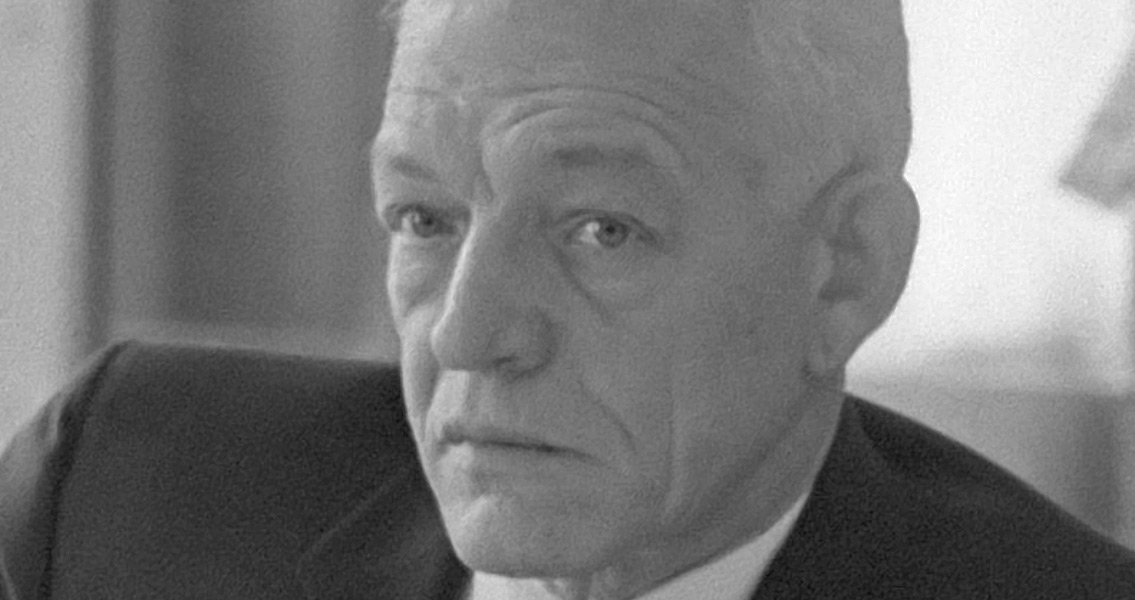<![CDATA[Fifty years ago, US Marines invaded the Dominican Republic, marking the first US military intervention in Latin America for over three decades. 42,000 American troops invaded the Caribbean nation on 28th April, 1965. By the end of the campaign, 3,000 Dominicans and 31 American military personnel had lost their lives. The justification for the invasion was unrest surrounding attempts to restore the government of Juan Bosch. Following the assassination of the dictator Rafael Trujillo in May 1961, the Dominican Republic held its first free democratic elections in over thirty years. The winner, Bosch, established a government defined by its liberal policies, including political freedom and promises of social reform. Bosch's government was unpopular with the United States, and military and business figures in the Dominican Republic itself, because of its support of Cuban leader Fidel Castro and its economic policies. Within seven months a military instigated coup overthrew the democratically elected government and replaced it with a military junta. The three man military junta brought an end to the reforms of Bosch's government. Political freedom was curtailed and social reform halted, while widespread accusations of corruption were levelled at the new government. The country descended into political chaos, as various groups, including sections of the military, struggled for power. On the 24th April, 1965, a group of young army officers rebelled and declared their intention to restore Bosch to power. Loyalist forces attacked the capital, Santo Domingo, in an attempt to stop the uprising, but were repelled by thousands of armed civilians and rebelling soldiers who supported Bosch. On the 28th April the US Embassy warned that the pro-Bosch rebels would take over the country within a few days, and claimed that Communists had gained control of the uprising. US President Lyndon B. Johnson stated that the US troops had been deployed to prevent the Dominican Republic becoming a Communist dictatorship, with suggestions repeatedly being made that the Dominican Republic could become a "new Cuba". Lists of supposed Communists in the Dominican Republic were given to the US media by the American government. These were quickly discredited however, as many of the names on the lists were revealed to be either dead, or to have incredibly tenuous links to Communism. Johnson's decision to send troops into the Dominican Republic was met with criticism in the United States. The justifications were viewed as flimsy, and in the context of the growing discontent over US involvement in the Vietnam War, the events in the Dominican Republic brought American foreign policy further into question. For many Latin American countries, the US intervention in the Dominican Republic set a worrying precedent, suggesting a return of the US intervention in Latin American affairs that had been so common in the early twentieth century. After a long stalemate, with the rebels holding Santo Domingo for months despite the rest of the country having been taken over by the US forces, the US military finally achieved its objectives and installed a provisional government in September 1965. Elections followed in 1966, and Joaquin Balaguer, the original successor to Rafael Trujillo, was installed in power. Although Balaguer, a Conservative and supporter of the United States, was officially elected, controversy surrounded the election, with many questioning the legitimacy of the democratic process. Documents declassified in the United States since the 1980s have confirmed this accusation, proving that the elections which elected Balaguer's 28 year dictatorship were not free. Image courtesy of Wikimedia Commons user: Hugo van Gelderen / Anefo]]>
USA Invades the Dominican Republic
